Laboratory for Drug Discovery in Neuroscience

The Laboratory for Drug Discovery in Neuroscience (LDDN) is a collaborative academic group in the Department of Neurology at Brigham and Women’s Hospital (BWH) and Harvard Medical School (HMS). Its mission is to identify small molecules that can lead to the development of innovative drugs for central nervous system (CNS) disorders. The lab works closely with principal investigators from academia to translate their discoveries in disease biology into viable drug discovery opportunities.

Director
The director is Kevin Hodgetts, PhD, Associate Professor of Neurology at BWH and HMS. Dr Hodgetts is an organic and medicinal chemist with extensive experience in drug discovery across industrial and academic settings. With over 20 years dedicated to developing treatments for CNS diseases, several compounds from his laboratories have progressed to clinical trials. Recently, he co-founded two start-ups inspired in part by research from the LDDN: Violet Therapeutics, with longtime BWH collaborator Fran Quintana, and Modulate Bio, alongside his close friend Dario Doller.
Training Opportunities
The LDDN also provides training opportunities for students wishing to gain hands-on experience of synthetic and medicinal chemistry. In particular the lab frequently host Northeastern University students for their six-month co-op placements and we collaborate with several other US and European universities, offering 6-12 month research placements for BSc and MSc students.
Further Information
For further information, including current lab members, ongoing projects and potential licensing opportunities, please visit the LDDN website or contact Dr Hodgetts: khodgetts@bwh.harvard.edu
Medicinal Chemistry Focus
Originally, the LDDN was built around assay design, high-throughput screening, and medicinal chemistry. In 2015, in an effort to advance treatment methods for neurodegenerative diseases, the LDDN now focuses exclusively on medicinal chemistry aspects of drug discovery.
Collaboration and Translational Research
The fastest way to develop real-life medical solutions is by accelerating the pace of discovery and then quickly applying knowledge of underlying disease mechanisms to the design and development of meaningful treatments. However, this approach — called “translational research” — rarely happens naturally or by accident. It requires that a broad range of expertise and technical know-how are brought together and coordinated. It also requires a sense of urgency and relentless focus on a common goal. That’s the approach of the LDDN, and our goal is to accelerate the discovery of new treatments for neurodegenerative diseases.
Organic Synthesis and Medicinal Chemistry Training
Traditionally, medicinal chemists were excellent synthetic organic chemists who joined the pharmaceutical industry and were trained during their first few years to become medicinal chemists. More recently, the medicinal chemistry and drug discovery landscape has changed, and there are fewer entry level positions in both big pharma and biotech for aspiring medicinal chemists to learn their trade. At the LDDN, we try to offer students opportunities to develop their synthetic chemistry and medicinal chemistry skills through hands on experience in one of our collaborated drug discovery projects. We have close links with Northeastern University, regularly bringing in students for a six month coop placement, and have begun to establish links with a number of European Universities to offer 6-12 month research placements at the LDDN.
Contact
Kevin Hodgetts, PhD
Director of The Laboratory for Drug Discovery in Neuroscience
65 Landsdowne Street
Cambridge, Massachusetts 02139
U.S.A.
Telephone: 617-768-8640
Email: khodgetts@bwh.harvard.edu
Last Updated on December 19, 2024 by PIN Admin


